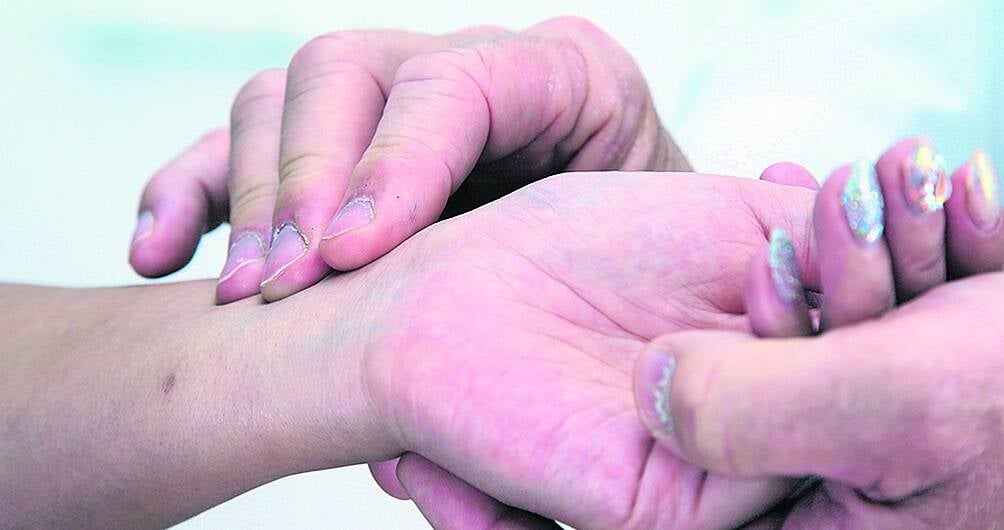This is the last generation of GPs in Ireland, because graduates won't touch the profession ‘with a 10ft pole'.
THIS is the last generation of GPs in Ireland, because graduates won’t touch the profession ‘with a 10ft pole’.
That’s according to Bandon GP Dr Mary Roycroft who was among the large contingent of West Cork GPs who recently protested in Dublin, calling for a reversal of cuts to Financial Emergency Measures in the Public Interest (FEMPI) Act which they say has broken the GP system.
‘It’s unusual to see GPs protesting,’ said Dr Roycroft. ‘Doctors graft, put their heads down and keep working; it’s very frightening to see them put their heads up, but the GP system has gone beyond repair. We have no choice. We are working 12-hour days and have an overwhelming workload. ‘We’ve had four cuts representing 38% from 2008 to 2012, and now have less money for what is double the work.’
The 64-year-old said that being a GP simply was not a viable career option any longer, which explains the recruitment difficulty facing many clinics, both in West Cork and nationwide.
Around 150-170 GPs are trained every year in this country, but they are either emigrating or opting to work as assistants where they have more control over their hours and work. She explains that a typical day’s work for her in Millbrook Clinic sees a session from 9am to 1pm, and from 2pm to 6pm.
‘For each session there’s a one-hour follow-up with phone calls and paperwork that we’re not paid for. We’re wrecked from the burden of it. Caring for patients is fine – it’s the follow-up is the issue.’ Outside of that, GPs are obliged to work on the SouthDoc roster – a major deterrent for many graduates.
‘I work part-time so I would do one night a fortnight in SouthDoc. Often after a day’s work, where if you’re lucky to have had a cup of tea, I feel it’s not safe to go to SouthDoc. We need a new contract where being on-call is optional. Better contracts would attract more people.
‘And on top of all of that, as GPs we are effectively self-employed contractors – we provide the building and look after rents and rates. We pay the staff. Also every day that I’m sick or on holidays and have a locum, it costs me money. It’s just not an attractive option for the young and qualified.’
Outside of the workload and lack of GPs, Dr Roycroft said the system was hugely frustrating for a number of other reasons, including not being able to get an MRI scan for a public patient and only getting a CT brain scan if you suspect a tumour.
‘I love being a GP, but the frustration is being able to only help a percentage of the people you see. You can’t help the others, but only give them pills, which isn’t helping anything.’
She said that last May a meeting of all the SouthDoc ‘cells’ took place in West Cork where Minster Jim Daly attended. ‘It was a real case of the grey haired brigade at the meeting, which shows it’s a dying profession.
‘I literally can’t do any more work – my own GP last year told me to give up or cut down, so I cut down. But now, I just don’t know about the future.’







